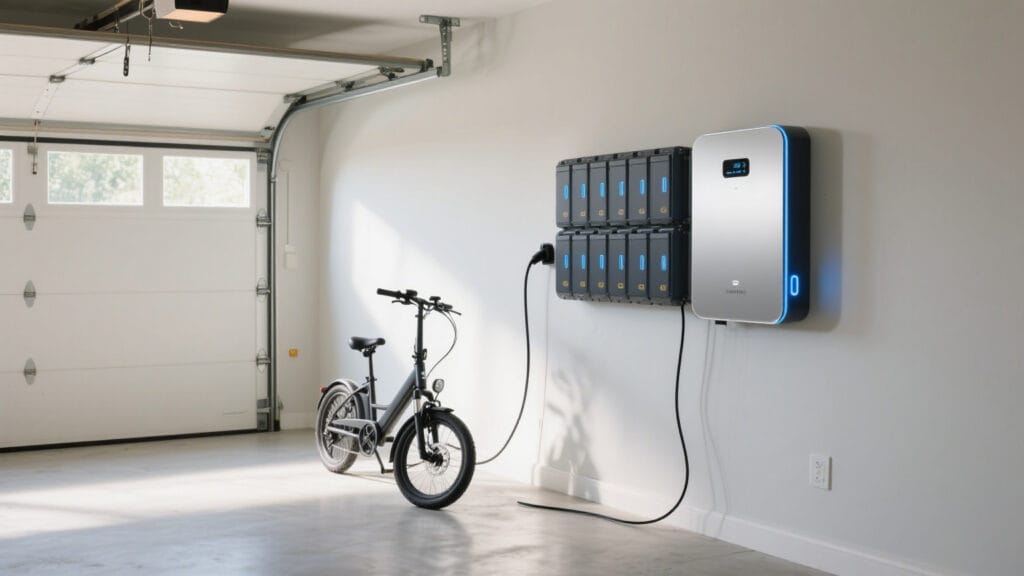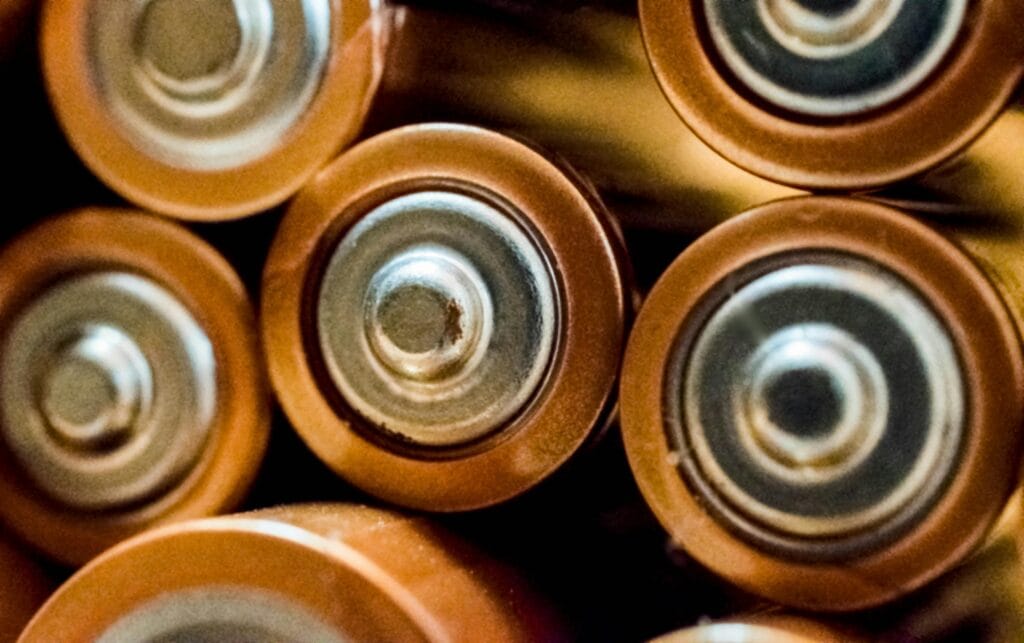WER IST ECAVIX?

As energy storage technology advances, the choice between a Blei-Säure-Batterie and a lithium battery has become a common question for solar systems, electric vehicles, and backup power solutions. While both play an important role in modern energy storage, they differ significantly in performance, lifespan, efficiency, and applications.
1. What is a Lead-Acid Battery?
Lead-acid batteries are one of the oldest rechargeable battery technologies. They use lead and lead dioxide plates immersed in a sulfuric acid solution. Widely used in cars, UPS systems, and industrial equipment, they are affordable but heavy and require regular maintenance.

2. What is a Lithium Battery?
Lithium batteries, especially LiFePO₄ (Lithium Iron Phosphate), use lithium-ion movement between electrodes to store and release energy. They offer higher energy density, faster charging, longer lifespan, and improved safety compared to lead-acid.

3. Lead-Acid vs Lithium Battery: Side-by-Side Comparison
| Merkmal | Lead-Acid Battery | Lithium Battery (LiFePO₄) |
|---|---|---|
| Die Energiedichte | 30–50 Wh/kg | 120–180 Wh/kg |
| Zyklus Leben | 300–500 Zyklen | 3,000–6,000+ cycles |
| Charging Efficiency | 70-80% | >90% |
| Weight & Size | Schwer und sperrig | Leicht und kompakt |
| Wartung | Requires regular check-ups | Wartungsfrei |
| Sicherheit | Risk of acid leakage & gas release | Stable, no acid, higher safety |
| Umweltauswirkungen | Enthält Blei, Verschmutzungsgefahr | Eco-friendly, recyclable |
| Kosten | Geringere Anfangskosten | Higher initial, but lower total cost of ownership |
4. Advantages of Lithium over Lead-Acid
- Längere Lebensdauer → Up to 10x more cycles
- Higher efficiency → Faster charging & lower energy loss
- Leichtgewicht → Easier installation & space-saving
- Safe and green → No toxic lead or acid leakage
- Besserer ROI → Although more expensive initially, lithium batteries save costs in the long run
5. Applications of Lithium Batteries
Thanks to their superior performance, lithium batteries are replacing lead-acid in many industries:
- Solarenergie-Speichersysteme
- Electric Vehicles (EVs) and eBikes
- Marine and RV Power
- Forklifts and Industrial Equipment
- Unterbrechungsfreie Stromversorgung (UPS)
6. Conclusion: Which is Better?
When comparing lead-acid vs lithium batteries, lithium clearly stands out for modern energy needs. While lead-acid batteries are still used for budget-friendly and short-term applications, lithium batteries (especially LiFePO₄) deliver longer lifespan, higher efficiency, and better sustainability—making them the preferred choice for the future of energy storage.
UNSERE DIENSTLEISTUNGEN
Anpassbar
Wenn Sie maßgeschneiderte Produkte kaufen möchten, kontaktieren Sie uns bitte, wir hoffen, Sie Nachricht, Kontaktieren Sie uns
Sicher
Einschließlich CB-, KC-, PSE-, CE-, IEC-, ISO-, MSDS- und UN38.3-Zulassungen
Online
Wenn Sie irgendwelche Anfragen haben, hinterlassen Sie bitte eine Nachricht auf unserer Website oder kontaktieren Sie uns per WhatsApp. Unser Kundendienst wird innerhalb von 24 Stunden per E-Mail/WhatsApp antworten.
Strategische
Wir liefern maßgeschneiderte Lösungen durch datengestützte Erkenntnisse und flexible Umsetzung. Arbeiten Sie mit uns zusammen, um Herausforderungen in Chancen zu verwandeln - effizient und effektiv...
